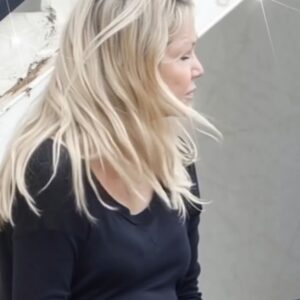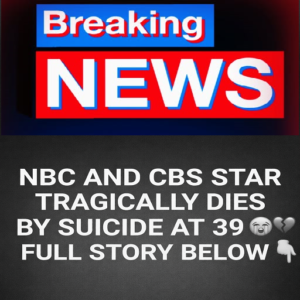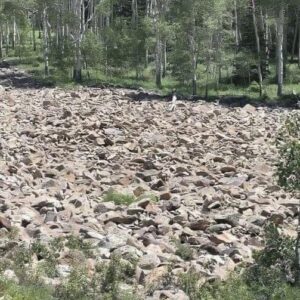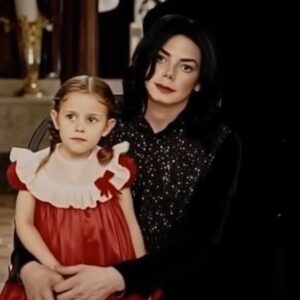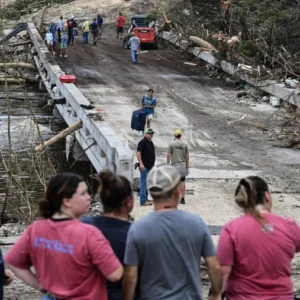When I was 17, I used to babysit a pair of twins.
Their parents—quiet, distant, and private—never shared much about themselves, but they paid generously and always came home on time.
Until one night, they didn’t.
By 4 a.m., panic had started to sink in. I turned on the TV for distraction—and froze.
Ten miles away, a couple matching their description had been arrested in a massive drug raid. The screen showed grainy footage of them in handcuffs, being led into a police van.
It didn’t make sense.
Just that afternoon, I had seen them. Calm, well-dressed, acting like any other suburban parents getting ready for a weekend away.
I looked over at Sage and Luka—still fast asleep in their race car beds, completely unaware that their world had just imploded.
And I was just the babysitter. A high school senior. Not family. Not even an adult.
But in that moment, I knew one thing for sure:
I couldn’t leave them alone.
I tried calling every number the parents had given me. All disconnected.
Even the last name on the emergency forms—“Morris”—wasn’t real. The couple arrested were identified on the news as “Calderon.”
I sat there in disbelief. Had I unknowingly been working for criminals this entire time?
Still, I didn’t run.
Instead, I got up and made breakfast like it was any other Saturday. Blueberry pancakes—their favorite. I kept the TV off and smiled when they asked about Mommy and Daddy.
“They went on a trip,” I said gently. “They’ll call soon.”
But by 11 a.m., there was a knock at the door.
I peeked through the blinds and saw a woman in jeans and a windbreaker, clipboard in hand. Behind her stood a silent police officer.
I opened the door just halfway, heart racing.
She introduced herself as Dana, from Child Protective Services.
She was there to take the children into temporary custody.
I asked—pleaded—if I could stay with them until family showed up. She said no, kindly but firmly. Rules were rules.
When they took Luka by the hand, he started to cry. I packed their backpacks with clothes and their favorite stuffed animals, my hands shaking the entire time.
I stood on the porch and watched them drive away, unsure if I felt relieved or shattered.
That should’ve been the end. A strange, painful memory from someone else’s story.
But it wasn’t.
A week later, a letter arrived in the mail.
No return address. Just my name written in neat, blocky handwriting.
Inside was a short note:
“Thank you for taking care of them. We didn’t want any of this to touch the kids. You were the only one we trusted. There’s something in the garage for you.”
No signature.
I considered calling the police. Instead, I went to the garage.
Tucked behind a pile of paint cans and dusty boxes, I found a black gym bag.
Inside was a thick stack of hundred-dollar bills—and a small envelope.
In it was a key. And a note that read:
“For when you’re ready. 118 North Kincaid.”
I didn’t tell anyone. Not at first.
I went back to school, graduated, and enrolled in community college. But I couldn’t stop thinking about the twins.
I tried to find them. I called CPS, emailed social workers, even looked for neighbors. But I wasn’t family—I had no rights. No answers.
A year passed. And one day, I decided I had to know.
I drove to 118 North Kincaid.
It was a rundown house at the edge of town. Boarded-up windows. Overgrown lawn. I almost turned around.
But I used the key.
Inside, the place was empty. A single mattress on the floor. A locked metal cabinet in the corner.
The key worked for that too.
Inside: passports, notebooks, files. Names. Bank accounts. Surveillance photos.
That’s when it hit me.
The Calderons weren’t just criminals.
They were informants.
They’d been working with federal agents—feeding intel on a major drug ring. The “raid” wasn’t a bust—it was an extraction. They had been compromised. Burned.
They had to vanish.
And they didn’t want the twins to go with them.
That’s why they paid so much. Why they never let anyone else babysit. Why they were always so careful, so tense.
Suddenly, everything made sense. The aliases. The fear. The money.
I locked the garage and walked away.
But I never forgot.
Two years passed.
I was 20, working part-time in a bookstore and living in a small apartment.
Then, one ordinary afternoon, I saw him.
Luka.
I was walking through a park near campus when a little boy dashed past me, chasing a frisbee. Something about his curly hair, the birthmark on his neck—it pulled me in.
I turned and saw a woman on a bench, watching him.
Not his mother. Someone else.
I approached slowly.
“Hi,” I said. “That boy looks really familiar.”
She smiled. “That’s Luka. We adopted him two years ago. His sister’s at ballet class.”
My knees almost gave out.
She asked if I knew them.
“I used to babysit them,” I whispered.
She beamed. Told me they were doing great. Happy. Safe. Her husband was a firefighter. Stable home. No drama.
As she spoke, Luka returned and hugged her without hesitation.
He didn’t recognize me.
And that was okay.
I didn’t ask to be in their lives again. I just said thank you, and I walked away.
But something changed in me that day.
I began volunteering—first at a shelter for kids in transition, then tutoring children in the foster system.
The money in that black bag? It covered tuition. Rent. But I didn’t waste it.
I used it to build something solid.
I earned a degree in social work.
And I never told anyone the full story—not even my roommate.
Until now.
Because sometimes, the people we’re taught to fear are the ones trying hardest to protect what matters.
And sometimes, doing the right thing means staying silent.
Other times, it means stepping in.
I still think about that night—the quiet kitchen, the twins sleeping peacefully, the knock that changed everything.
If I had panicked… if I had walked away…
I don’t know what might’ve happened to Sage and Luka.
But I’m glad I stayed.
And I think, deep down, their parents knew I would.
The twist in this story wasn’t just in who they were.
It was in who I became—because of them.
So if you’re ever in a position to protect someone—even when it’s hard—even when no one will ever know…
Do it.
You might just be the only thing standing between a child and a lifetime of pain.
And one day, you might realize… they saved you, too.
